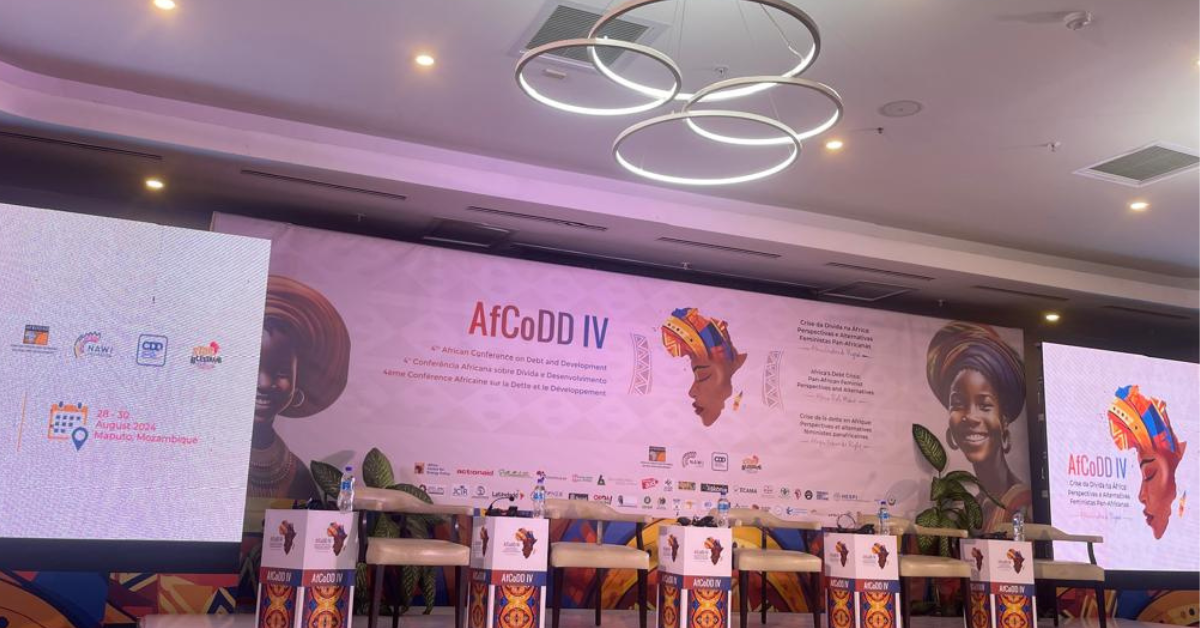The Fourth African Conference on Debt and Development (AfCoDD IV) has begun in Maputo, Mozambique, bringing together key voices from across the continent to confront Africa’s deepening debt crisis. The three-day event, running from August 28-30, 2024, is organized by the African Forum and Network on Debt and Development (AFRODAD) under the theme “Africa’s Debt Crisis: Pan-African Feminist Perspectives and Alternatives.”
This year’s conference challenges traditional economic models and emphasizes the disproportionate impact of debt on African women. As public debt in Africa surged to $1.8 trillion in 2022—a 183% increase since 2010—many African nations are teetering on the brink of financial collapse. Currently, four countries—Ethiopia, Chad, Ghana, and Zambia—have either defaulted or signaled potential default, while 29 others face high debt distress, according to AFRODAD’s latest debt heat map.
AFRODAD Executive Director Jason Rosario Braganza underscored the critical nature of the conference during a press briefing. “We aim to bring a Pan-African perspective on the debt issues affecting our continent and people,” Braganza stated. He highlighted that over 27 African countries spend more on debt servicing than on health and education, raising urgent questions about the continent’s financial priorities.
Barbara Kalima-Phiri, Chairperson of AFRODAD’s Board of Trustees, called for feminist alternatives to the current financial architecture. “This system disproportionately affects women and girls,” she said, noting that Africa’s debt-to-GDP ratio has risen from 19% in 2010 to nearly 29% in 2022, with an increasing share owed to private creditors.
Keynote speaker Dinah Musindarwezo framed the debt crisis as a feminist issue, arguing that debt repayment conditions exacerbate gender inequalities. She criticized the global economic system as “gender exploitative,” highlighting how it benefits from women’s labor while offering minimal compensation. Musindarwezo emphasized the need for a feminist analysis of Africa’s debt challenges, urging for a political conscientization that integrates feminist perspectives into policy and economic production.
As discussions at AfCoDD IV continue, the conference is expected to generate innovative solutions that center gender equity in the pursuit of economic justice across Africa. The event underscores the urgent need for a reimagined financial system that prioritizes the well-being of all African citizens, particularly women and girls, who bear the brunt of the continent’s debt burden.


 Post a comment
Post a comment 








